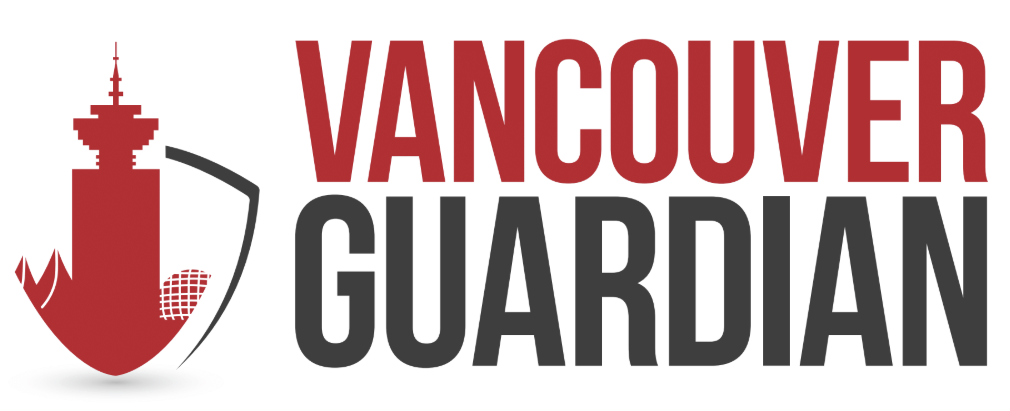Retirement marks a significant milestone in life, bringing the promise of relaxation, leisure, and the opportunity to pursue long-held passions. In Vancouver, like in many other parts of Canada, residents typically retire around 65.
British Columbia’s Human Rights Code safeguards individuals aged 19 and older from age-based discrimination. This means your employer cannot force you to retire because of your age, but they can offer all employees some reward or bonus to retire. However, government benefits such as the Canada Pension Plan (CPP) and Old Age Security (OAS) often begin at this age, influencing the retirement timeline for many.

This allows individuals the flexibility to retire when they feel financially and personally ready. Here are five key areas to focus on when planning for your golden years in Vancouver to ensure a comfortable and stress-free retirement.
Assess Your Retirement Income Sources
One of the first steps in retirement planning is to evaluate your sources of income. This includes government benefits like CPP and OAS, private pensions, personal savings, and investments. The CPP provides a monthly taxable benefit to contributors starting at age 60, while the OAS is available to those 65 and older who meet residency requirements. Additionally, consider any workplace pensions or registered retirement savings plans (RRSPs) you may have.
Understanding these income sources will help you estimate your monthly retirement income and identify any gaps that need to be filled. It’s also important to factor in inflation and the potential for increased living costs over time. Consulting with a financial advisor can help you create a comprehensive plan that ensures you have enough funds to maintain your desired lifestyle throughout retirement.
Create a Retirement Budget
Creating a detailed retirement budget is crucial for managing your finances effectively. Start by estimating your essential expenses, including housing, utilities, groceries, healthcare, and transportation. In Vancouver, housing costs can be a significant part of your budget, so consider whether you will own your home outright, downsize, or rent.
Once you have a clear picture of your essential expenses, account for discretionary spending such as travel, hobbies, dining out, and other leisure activities. A well-structured budget will help you live within your means and avoid unnecessary financial stress. Regularly reviewing and adjusting your budget as needed will ensure you stay on track and adapt to any changes in your financial situation.
Maximize Your Savings and Investments
Maximizing your savings and investments is key to a secure retirement. If you’re still working, try to contribute the maximum allowable amount to your RRSPs and Tax-Free Savings Accounts (TFSAs). These accounts offer tax advantages that can significantly boost your retirement savings.
For those already retired, managing your investment portfolio wisely is essential. Consider a diversified mix of assets, including stocks, bonds, and mutual funds, to balance risk and return. Regularly review your investments and adjust your strategy based on market conditions and your changing needs. Working with a financial advisor can help you make informed decisions and optimise your investment strategy for long-term growth.
Plan for Healthcare Costs
Healthcare can become a significant expense during retirement, especially as you age and require more medical services. The government covers primary healthcare in Canada, but additional costs such as dental care, vision care, prescription drugs, and long-term care may not be fully covered.
Consider purchasing private health insurance or setting up a dedicated health savings account to prepare for these costs. Research the available plans and choose one that best meets your needs and budget. Additionally, look into provincial programs and benefits that may assist with healthcare costs for seniors.
During retirement, unexpected expenses can arise, and it can be particularly challenging if you need to pay for medical treatment not covered by the government but don’t have sufficient funds. It’s wise to have a plan to access quick cash if needed. Reputable online lenders like GoDay offer short-term loans, providing a convenient option to bridge financial gaps during emergencies. Without disrupting your long-term financial plans, these loans can help cover unexpected medical bills and other urgent expenses, such as home or car repairs.
Consider Your Housing Options
Your housing situation can significantly impact your retirement finances. In Vancouver, where real estate prices are high, it’s essential to consider your housing options carefully. If you own your home, you might decide to downsize to a smaller, more manageable property or move to a more affordable area. Selling your home and renting can free up capital to bolster your retirement savings.
Another option is to explore senior living communities offering various care and amenities tailored to retirees. These communities can provide a social and supportive environment and the convenience of on-site services and activities. Whatever your choice, ensure it aligns with your long-term financial plan and lifestyle preferences.
